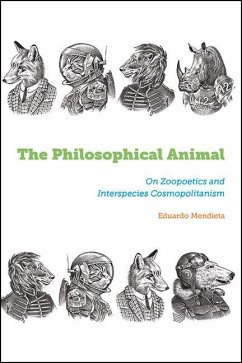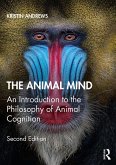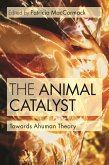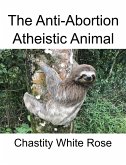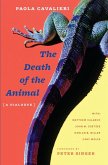Humans are animals who fictionalize other animals to asse their "humanness." We are philosophical animals who philosophize about our humanity by projecting images onto a mirror about other animals. Spanning literature, philosophy, and ethics, the thread uniting The Philosophical Animal is the bestiary and how it continues to inform our imaginings. Beginning with an exploration of animals and women in the literary work of Coetzee, famous for his book on the Lives of Animals, Eduardo Mendieta then dives into the genre of bestiaries in order to investigate the relation between humanity and animality. From there he approaches the works of Derrida and Habermas from the standpoint of genetic engineering and animal studies. While we have intensely modified many species genetically, we have not done this to ourselves. Why? Finally, Mendieta deals with the political and ethical implications suggested by this question before ending on an autobiographical note about growing up around so-called animals, and in particular horses.
Dieser Download kann aus rechtlichen Gründen nur mit Rechnungsadresse in A, D ausgeliefert werden.

